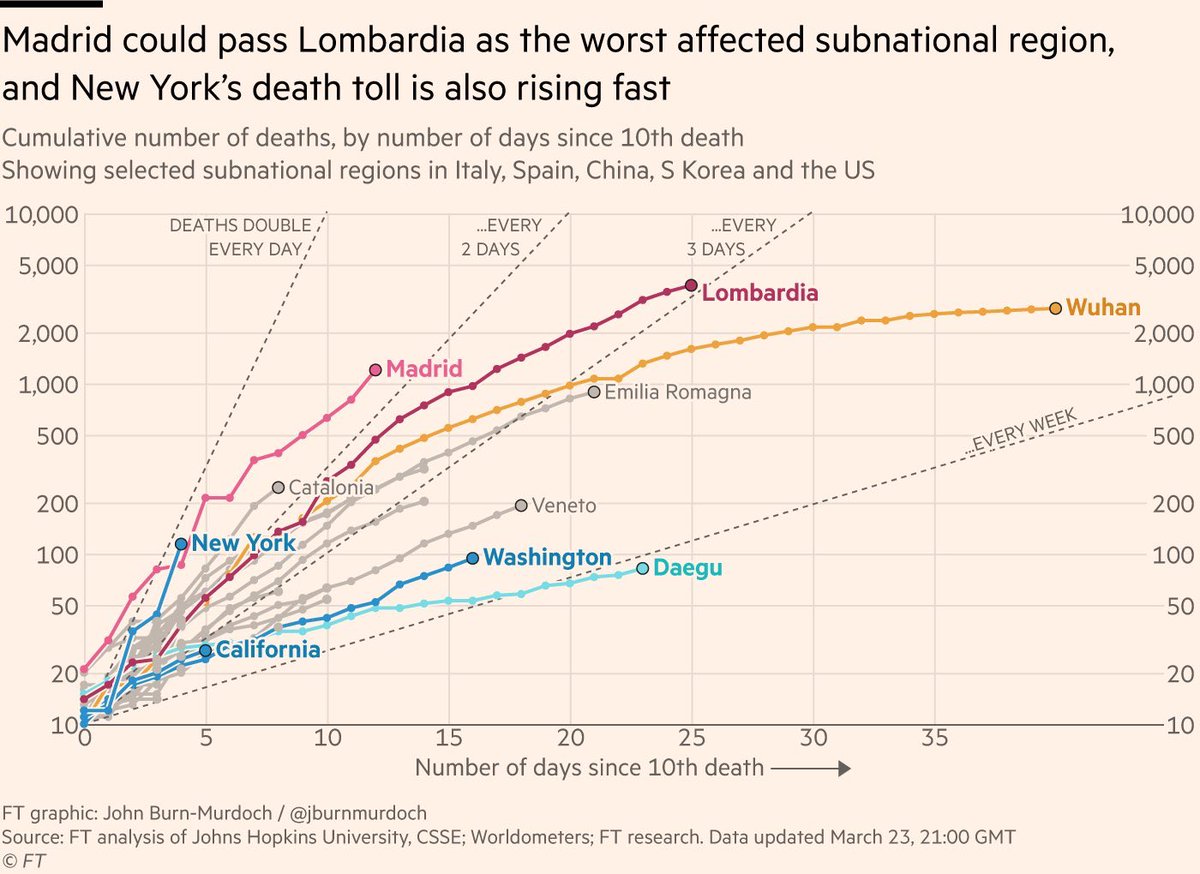Most of the thread is culled directly from my column in @BusinessDayNg three weeks ago. You can read the complete thing here - bit.ly/3bN84gG - as what is in this thread is but a summary.
Before technology changed the way that people worked and lived, moving within the same lines of longitudes made sense.
The great empires of the ancient world (including those on the continent) tended to follow climatic zones.
In #Africa, the great empires of Mali, Shongai, Sokoto and Benin, didn't have major climatic variations within their borders.
The goal was to extract resources from the hinterlands and send them back home, so they drew borders in Africa that discarded this natural law and ran along latitudes.
@DavidHundeyin has mentioned his relatives having their bedrooms in #Benin and their kitchens in #Nigeria.
That is a simplified version of what #Nigeria and most other African countries are.
In other cases, supremacy battles between incompatible peoples caused civil wars.
This is why #AfCFTA is so important.
Or cannot be.
But the evidence shows that the border closure is really just an annoyance for formal businesses in headline border crossings like Seme and Idiroko where the Nigerian state can muster control of the levers of coercion.
The ancient nations are still very much alive, while the artificial countries are suffering from internal stress.
So, if we now know that the present borders don’t work for #Africa, we should ask ourselves a truly searching question, can the borders of Africa be fixed?














